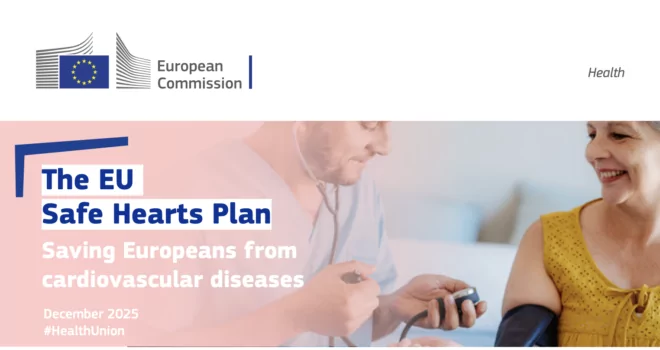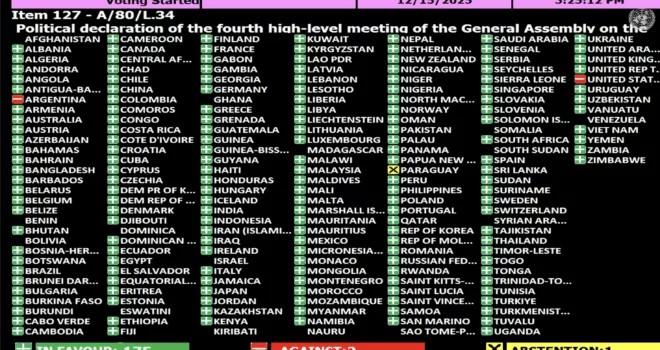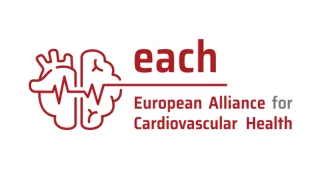The call to policymakers and governments was made at 5pm on 22 September by WHF at the World Health Organization’s (WHO) Global Hearts Initiative meeting and comes one week ahead of World Heart Day 2016.
WHF points to three practical steps that policymakers can take to collect reliable data which will provide the evidence needed to form accurate and impactful policy to tackle and prevent CVD, strengthen health systems and ensure that people get the best care:
- Strengthen vital registration and cause of death registration systems
- Include coverage of CVD key interventions into existing health information systems
- Collect information on a representative subsample of the population on the prevalence and quality of care of patients with hypertension and CVD; and undertake periodic data collection on the behavioural and metabolic risk factors (harmful use of alcohol, physical inactivity, tobacco use, unhealthy diet, overweight and obesity, raised blood pressure, raised blood glucose, and hyperlipidemia), and determinants of risk exposure such as marketing of food, tobacco and alcohol in a sub sample of the population.
Dr Salim Yusuf, World Heart Federation President, says: “We know that robust monitoring and surveillance are key to guiding what policies and strategies we implement and whether they are successful in reducing CVD rates. Countries that measure these rates are also the ones which demonstrate the greatest reductions in CVD.
“We are calling on governments to reinforce their commitment to preventing premature deaths by taking some key steps toward better surveillance of their populations.”
Download the press release
Press release in English
Press release in Brazilian Portuguese
Press release in Chinese
Press release in French
Press release in Spanish
Supporting materials
Download the global policy call.
Download the template letter for organisations to send to Ministries of Health outlining the need to strengthen surveillance and monitoring of CVD.
Download the policy brief executive summary, produced to support and provide evidence for the World Heart Day global policy call in advance of a longer document, which looks at: how countries and regions collect data on cardiovascular disease with a focus on premature mortality caused by CVD.


